Introduction
With the rapid popularization of wearable devices, cell phones, tablet-computers and other portable devices, due to lithium battery’s advantages such as long life, quick-charge-discharge, high energy density, etc, the lithium batteries have been widely applied in the portable electrical communications devices as their battery storage and power-supply parts. Regarding the application of lithium battery, people are more concerned about its external characteristics such as charging waveform or the discharging waveform, and show little concern about its interior chemical reactions. When it comes to the tests of configured battery’s PCB boards and the tests of small-size electrical control circuit boards tests (such as the charger), if you use the genuine prototype batteries in research tests, it is costly to purchase and maintain the batteries, and it may bring damages to batteries when under severe working situation and then delay the R&D progress. Thus if we can replace the genuine prototype batteries with a battery simulator to do the tests, then we can save cost, speed up the test progress, and make tests easier and more convenient.
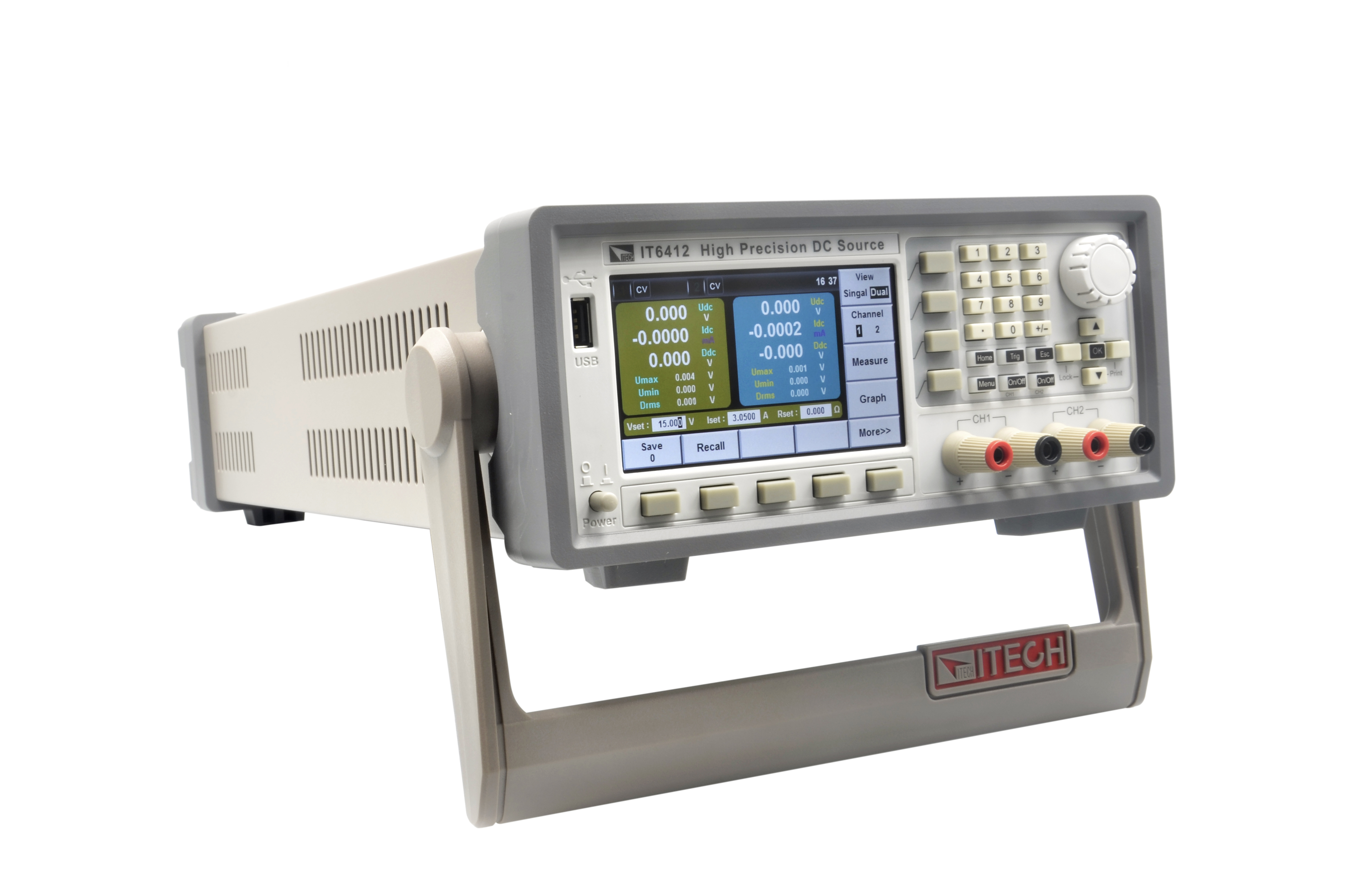
Battery simulator
Battery simulator is an equipment to simulate energy storage battery’s functions. Now there’re very rare choices for simulators, few brands and models, single limited functions, and disability to realize mutual circuit flows, the disabilities means it can only simulate battery discharging but can’t simulate charge-and-discharge functions. What’s more, battery simulator can only provide a single function of battery parameters setting but can’t curve fit the real charge-and-discharge waveforms.
Itech has launched a new product IT6412 dual-channel bipolar programmable DC power source. It provides Battery function module, under this module, IT6412 can realize functions of bipolar forward current output (simulating power supply to charge battery) and negative current input (simulating load to discharge battery). Besides, IT6412 has one more function of battery function simulator, which is very applicable to the tests of portable electronic devices’ PCB board or the lithium battery protection board.
IT6412 simulator function can exactly simulate the battery’s capacity-voltage-internal resistance features, and this is a great break-through of traditional battery simulators. IT6412’s battery simulating voltage accuracy can goes up to 0.02%, and is able to measure electrical device’s micro-current in uA when under standby mode. Its ultra-fast transient 50uS response time can simulate extreme-change stage’s charge-and-discharge switching process, thus can perfectly simulate battery’s high-speed charge-and-discharge switching function.
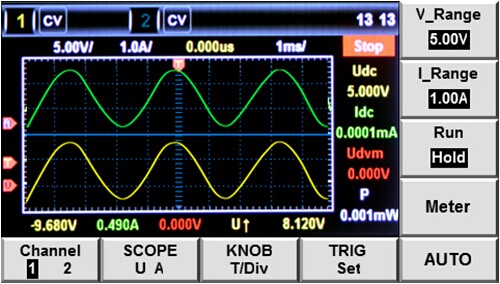
Battery simulating function can help to analyze and optimize the portable device’s running time
PCB board is one of the core parts of portable electrical devices and it matters to mobile phone’s performance indexes. A reasonable PCB board design can not only ensure the mobile phone’s good communication quality, but also can reduce power consumption and extend battery’s standby time. The power consumption test mainly includes two parts: current test and voltage test.
Current test: turn-on current, standby current, turn-off current, backlight current, ring current, and etc.
Voltage test: turn-off current, working current and etc.
In the above tests, if test engineers power the PCB board with a genuine battery prototype, then a voltmeter, an ammeter and etc will be required to measure, make complicate wire connection, and all those can affect production efficiency. If we use a conventional laboratory power supply to replace the battery, disadvantages will be there as follows:
1) Mobile communication devices’ standby current is so slight to be only dozens of uA, while the conventional laboratory power supply’s accuracy is not high enough to meet the demanding test requirements.
2) Battery has dynamic features, while conventional power supply’s transient response time can’t meet requirements.
3) Battery’s internal resistance is dynamic and conventional power supply can’t simulate battery’s internal resistance.
IT6412 power range is 15V/3A/45W, current readback resolution up to 100nA, it can simulate 0-1 Ω battery internal resistance and it’s especially designed for portable communication devices, wearable devices, tablet computers, and etc, and it fill the market blank of demanding accuracy requirements on low-power low-current in this field. Additionally, the special Simulator function may exactly simulate battery’s capacity-voltage-internal resistance features.
Connect IT6412 with DUT, start Simulator function, edit the battery function waveform into the equipment menus, it will help the engineers to analyze the battery’s actual consumption ratio and its remaining capacity under different working situations, thus to perfect and optimize circuit designs and extend standby using time.
CSV documents import
In order to simulate more accurately about the battery function waveforms, normally users need to manually input and edit substantial intensive data to curve fit the exact battery function waveforms. It’s a huge work and need a powerful functional upper computer and is of high cost. While for IT6412, it has made a breakthrough in this field by supporting CSV documents. The user can import all tested data (battery capacity, voltage and internal resistance) into IT6412 in CSV format documents, then can easily realize the battery simulator function.
IT6412, as a professional low-power portable devices’ battery simulating power source, it has abundant data measuring functions. In hardware circuit’s design and development, it can help engineers to obtain important indexes such as Umax, Imax, Upp, Ipp, and etc.

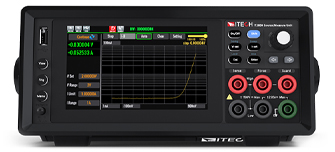

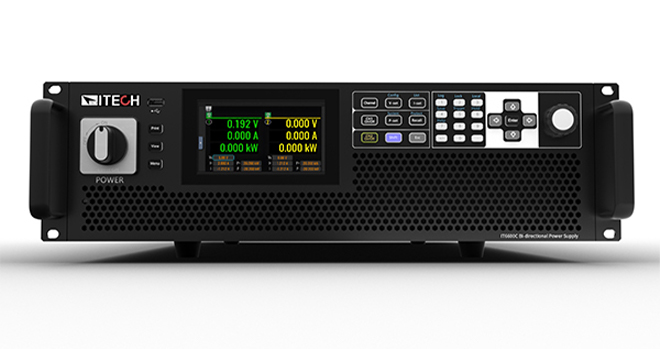

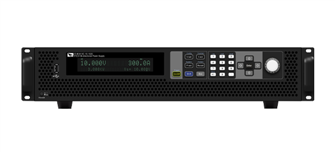
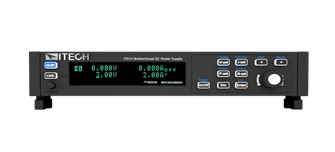
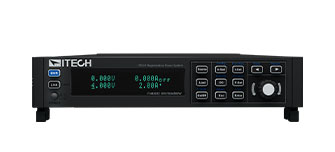
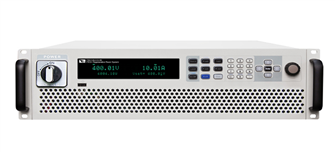
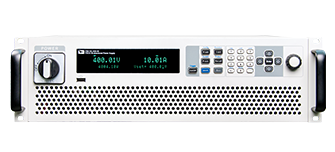
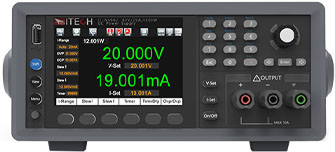
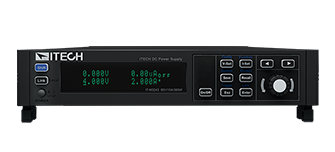
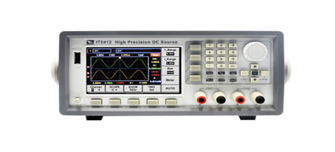
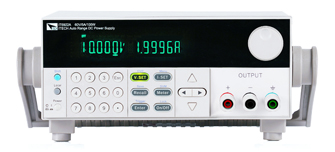
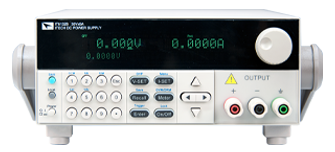
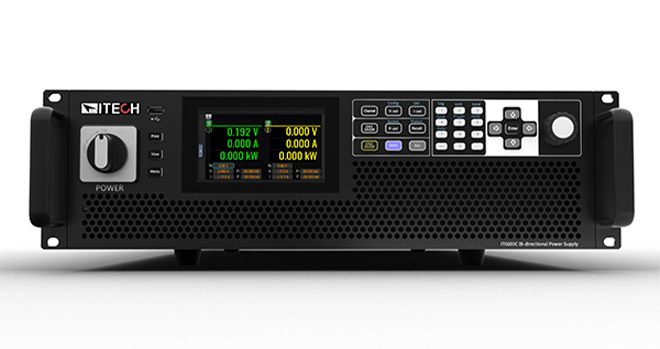
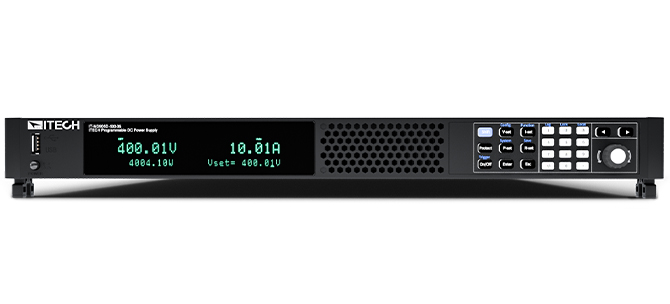

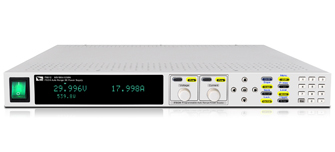
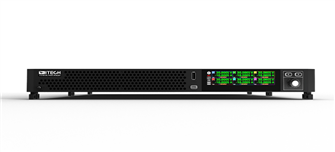
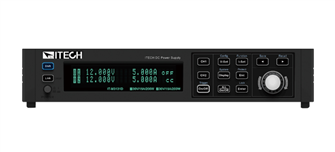
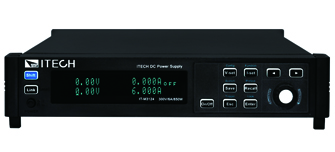
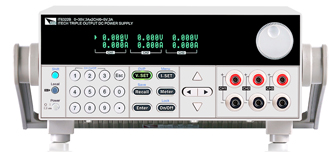

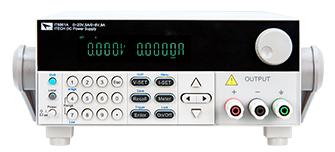
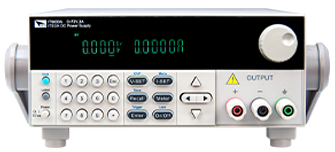
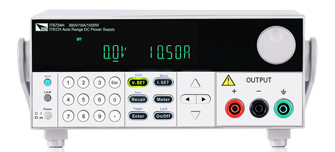
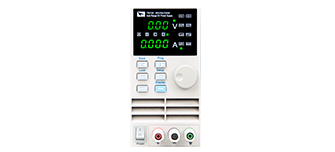

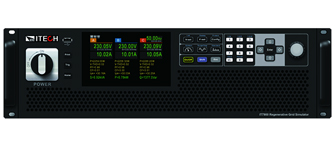
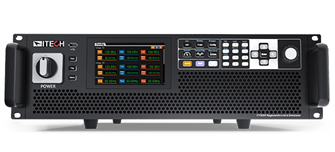
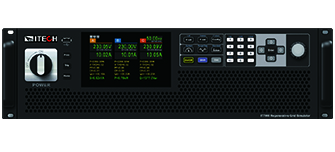
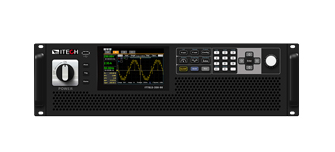

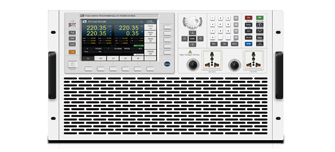
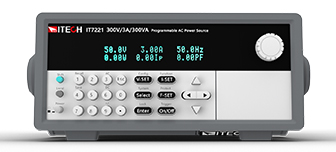
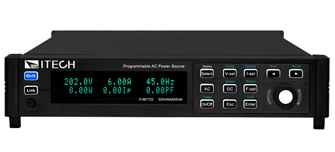


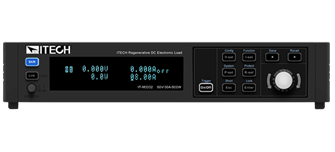

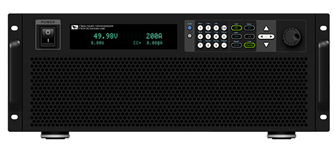
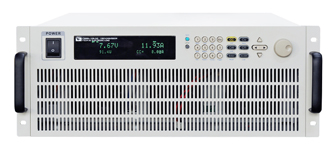
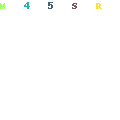
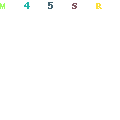
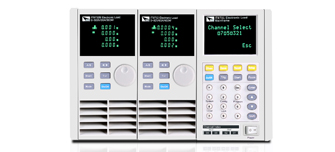
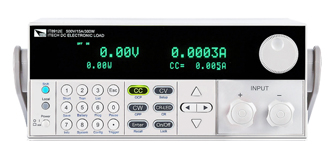

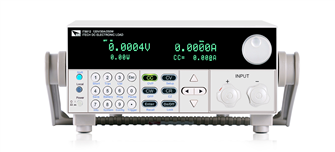
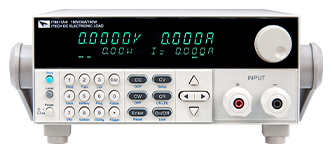
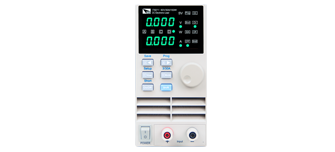


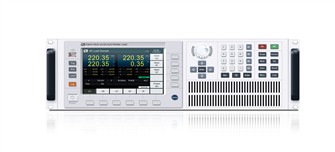
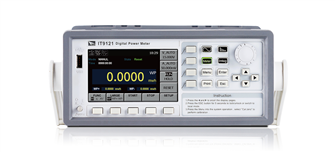
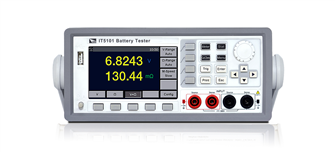
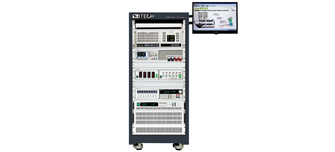
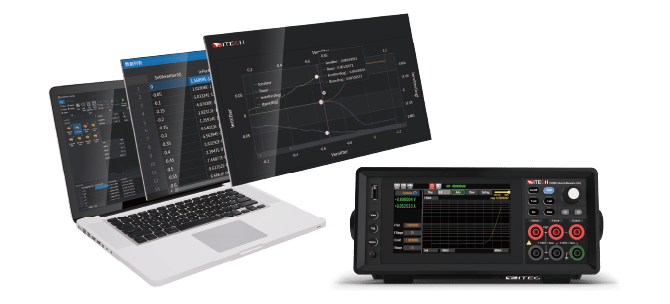
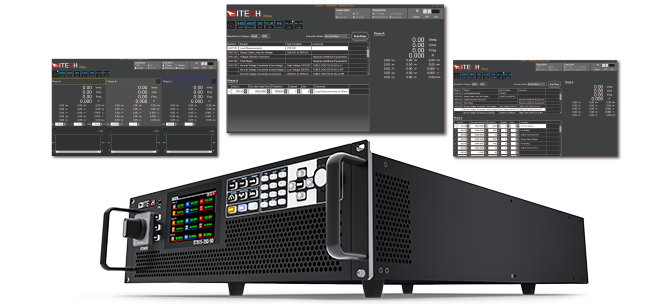
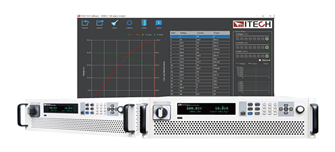
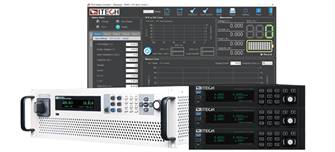
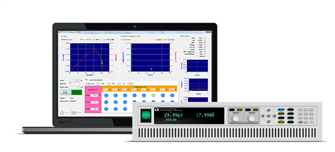
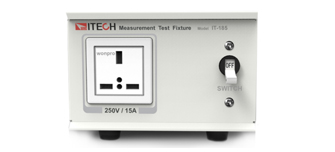
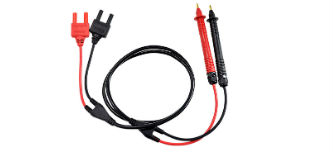
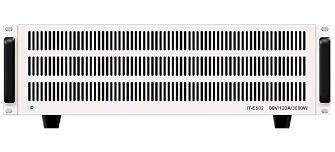
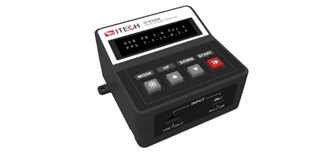
 PV/Energy Storage
PV/Energy Storage
 Electric Vehicle
Electric Vehicle
 Battery
Battery
 Battery recycling
Battery recycling
 Semiconductor / IC
Semiconductor / IC
 Power Supply
Power Supply
 Industrial Electronics
Industrial Electronics
 Research/Education/Others
Research/Education/Others
 Medical Electronics
Medical Electronics
 Automotive Electronics
Automotive Electronics
 IoT
IoT






